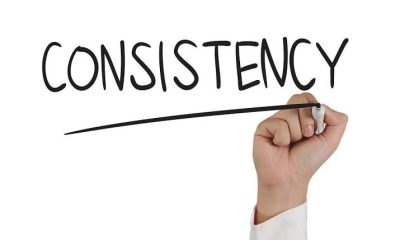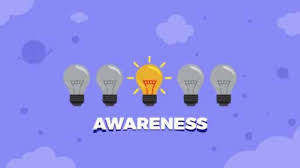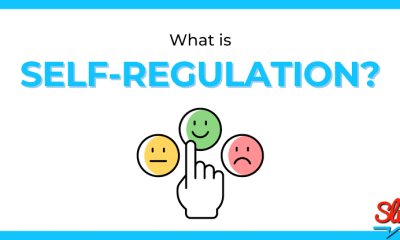Tips for self improvement. To better yourself, concentrate on making small, regular changes like reading, picking up new skills (like...
Hip enlargement methods. Hip expansion techniques include non-surgical fillers like calcium hydroxyapatite or Poly-L-lactic acid, surgical choices like silicone implants or fat grafting (Brazilian Butt Lift),...


Emotional distress refers to a state of mental suffering caused by overwhelming emotions, often stemming from challenging life events such as loss, trauma, or significant change....


Consistency is the foundation of success in every area of life, whether it’s your career, fitness, relationships, or personal development. It’s not about being perfect but...


Empathy is the ability to understand and share the feelings of another person. It goes beyond sympathy, which is feeling pity for someone’s misfortune, by actively...


Awareness is the ability to recognize, understand, and make sense of the world around us, as well as our own thoughts, feelings, and actions. It plays...


Self-regulation refers to the ability to control one’s emotions, thoughts, and behaviors in the face of external demands, to achieve a greater goal. It involves managing...


Emotional intelligence (EI) refers to the ability to recognize, understand, manage, and influence emotions—both in yourself and others. It plays a crucial role in personal and...


Stress and anxiety are often used interchangeably, but they are distinct experiences with different triggers and effects. Here’s a brief overview to help differentiate between...
STEPS TO LEARNING SKILLS Steps to learning skills. It can be challenging to know where to begin, manage time, keep up with books to read, and...